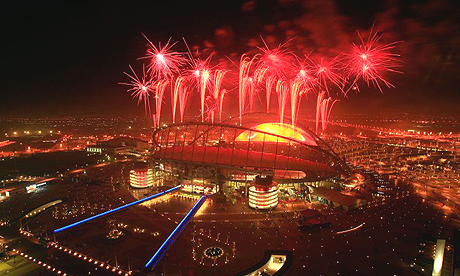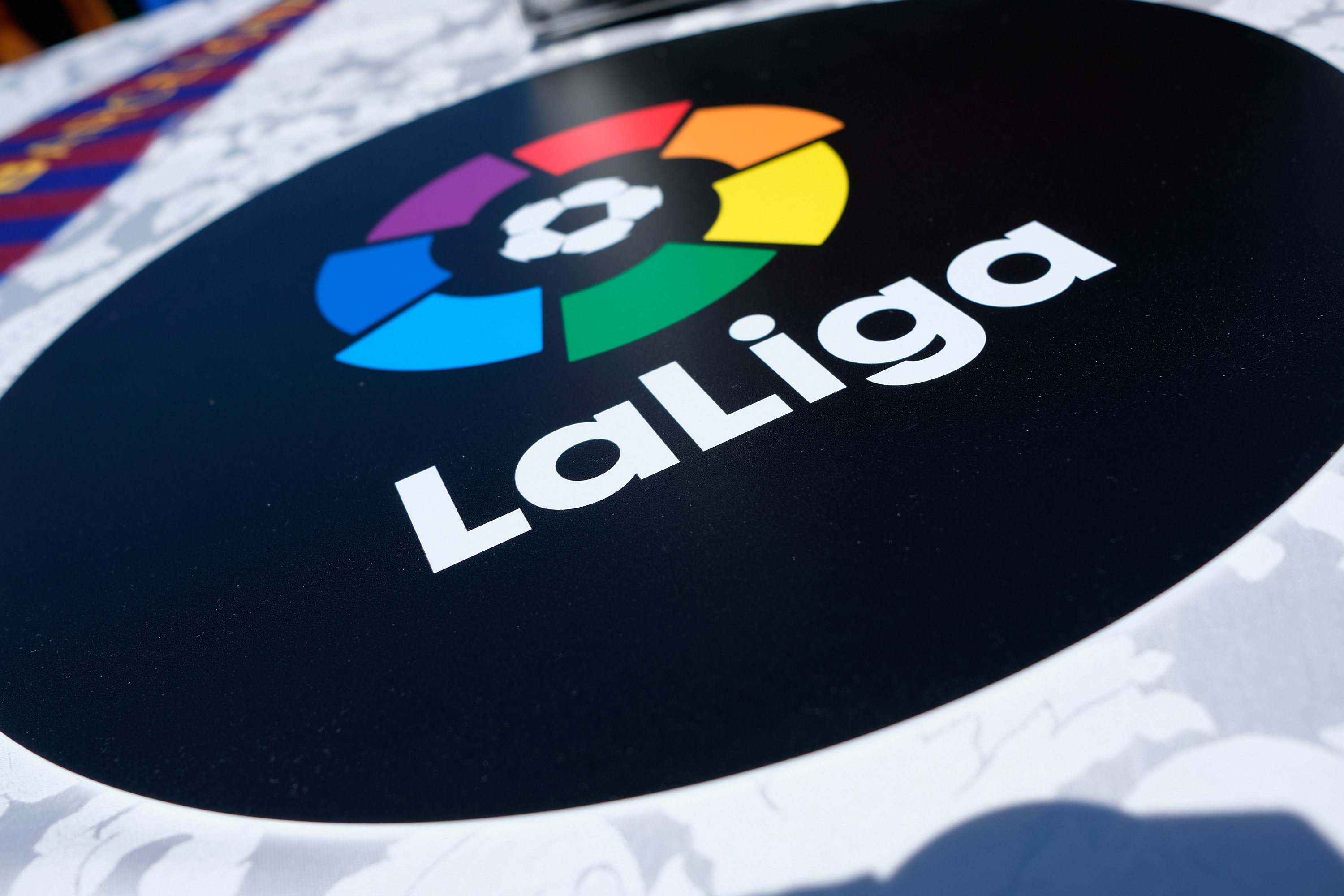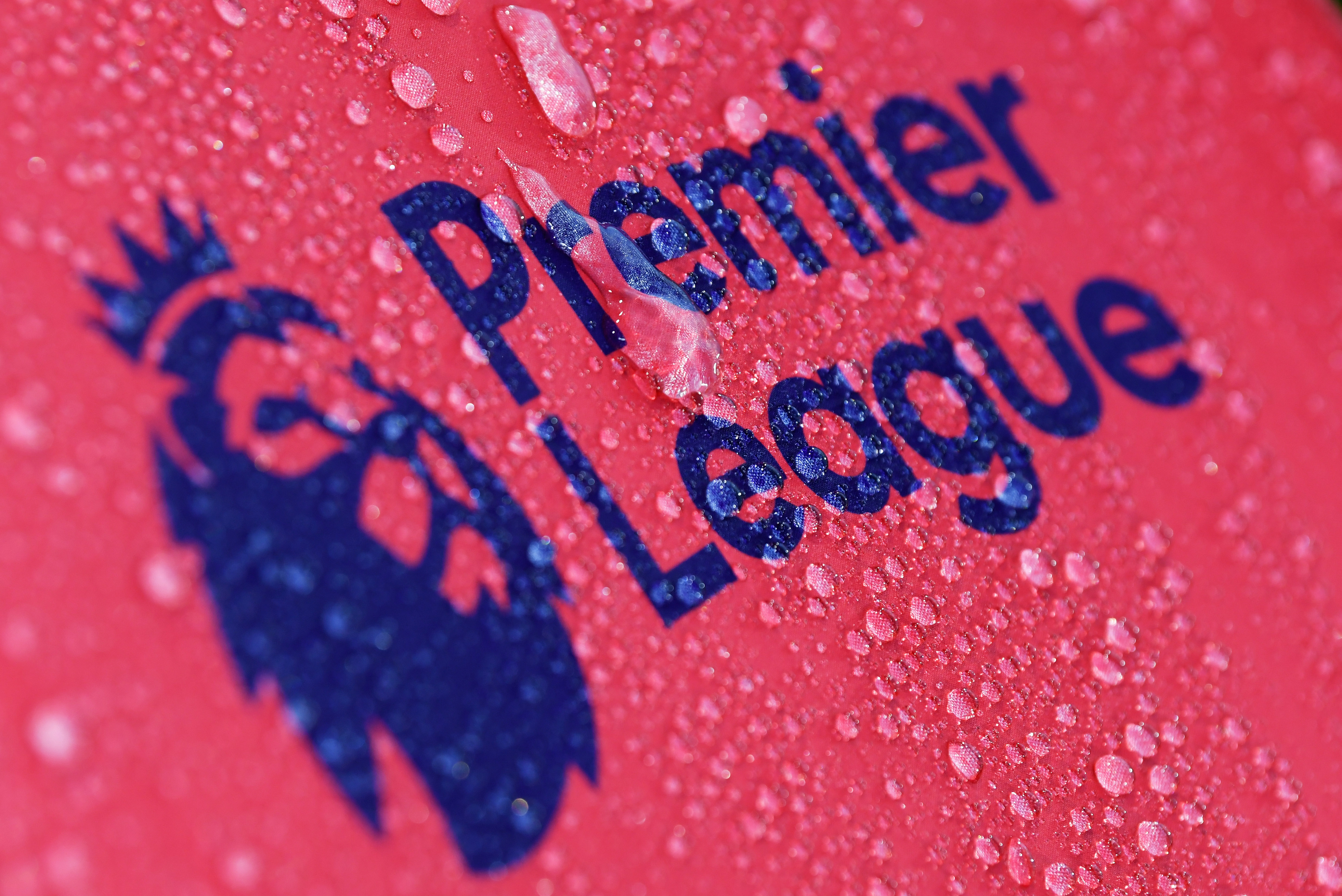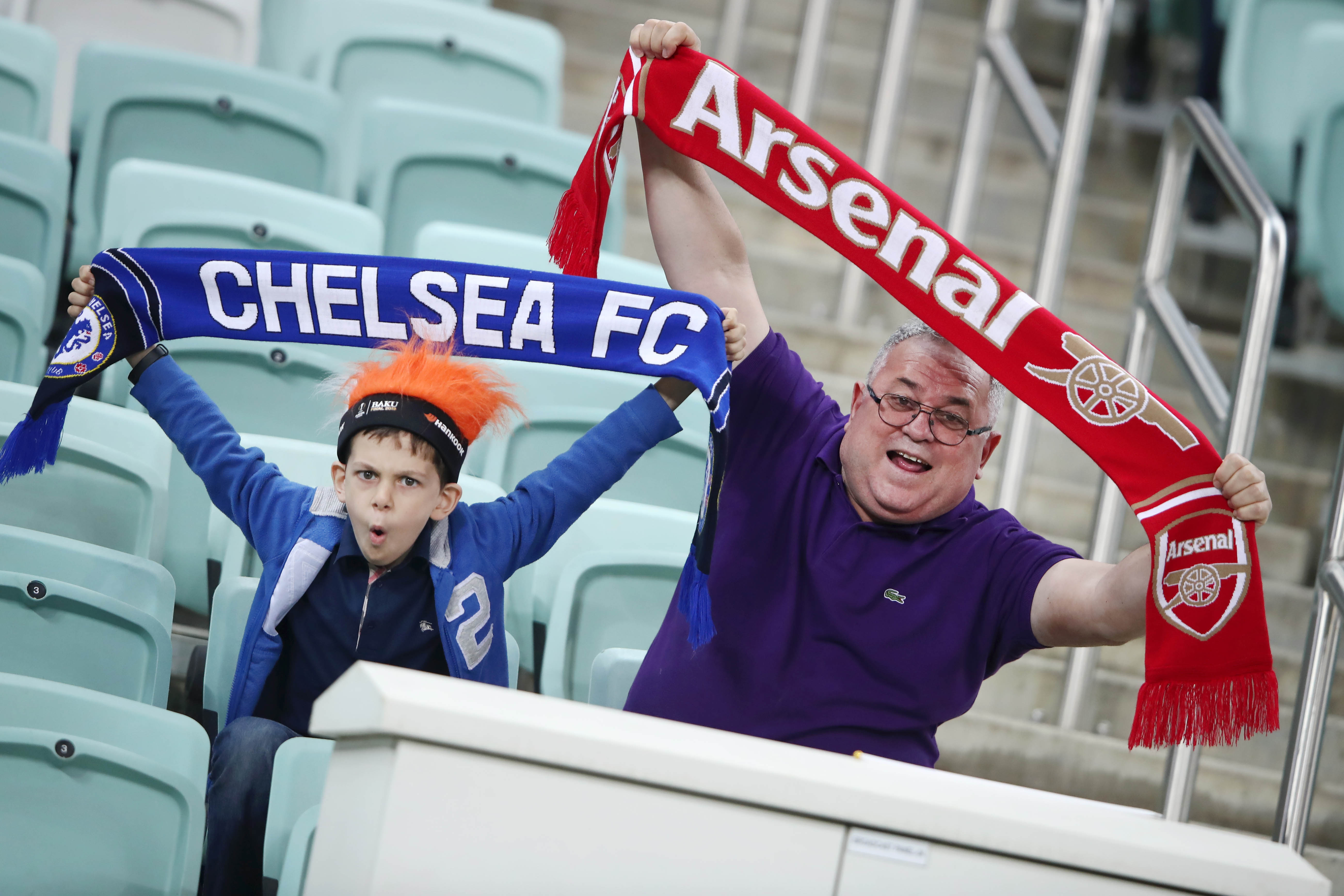The relationship between Russia, Qatar and FIFA’s decision to elect them, is a very interesting one. It is like a big club spotting a young talent who has the potential to rise to fame because of his abilities. All that the big club wants to do is help him hone his skills and when the time comes, he will be a well known player across the globe. And that is exactly what FIFA are trying to do with their new host nations. Both the countries have been on shaky political and economic grounds over the past few years but a chance to host the World Cup is a chance for resurrection.
How did Russia and Qatar enter the frame in the first place?
In 2007, FIFA decided to let go off the rotation policy that was formulated a year ago just after the 2006 World Cup. This policy allowed the six world confederations of football to take turns to host the event from within their member countries. Only South Africa (2010 World Cup) and Brazil (2014 World Cup) are the results of this process. However, with this policy taken off, a new policy instated in 2007 declared that only the previous two World Cup hosting confederations would be ineligible to bid for the World Cup. And so this is how the doors opened up for the new hosts.
2018: From Russia With Love
As temperatures in Moscow were dropping by the minute, back at the Zurich Exhibition Centre in Switzerland, hopes were rising amongst the members of Russia’s bidding team. “I congratulate the Football Union of Russia”, said Sepp Blatter; and then, the embryo of jubilation grew in a matter of seconds. FIFA had circled Eastern Europe for the first time to host the world’s greatest sporting event and they couldn’t be more right. Football after all, is a universal language.
There is more to it than what meets the eye:
To the average Joe, the game has picked its host to be played in, but for Russia, this is the golden egg. It gives a chance for the government to show the world that the country is also capable of development; that it is capable of crossing cultural and political barriers to treat every visiting individual with a sense of camaraderie and hospitality that is the country’s ethos. The 2018 world cup will be the magnifying glass over Russia’s efforts that will now go into renovation and development of its cities. Every brick moved and ever road laid is not just for the sake of embellishment for 2018 but also to let the world know that Russia as a nation is progressing and intends to be perceived as an ally to the rest of the globe.
Now prior to the FIFA World Cup in 2018, Russia will also play hosts to the Summer Universiade in Kazan following which the city of Sochi takes prerogative to run the Winter Olympics. These are events that attract and involve players and tourists from all around the globe and Russia as a nation is desperate to prove to the world that it is more than capable of shouldering responsibility and delivering a good show if faith is placed in them.
Speaking from a football perspective, Alexei Sorokin, head of the Russian bidding committee said – “We have made no secret of the fact that we do not have enough stadiums that meet FIFA’s requirements”. Such a statement, on first thoughts, clearly seemed to send Russia out of the race but the bid submitted to FIFA marked a clear statement of intent and there was nothing that the Sepp Blatter’s executive committee could find wrong. With the World Cup spread over multiple cities, the government has pledged to construct/revamp all the facilities that also attribute to the conduction of the event. These primarily include transport (railways and planes) and accommodation which are a major cause for concern otherwise too. Keeping in mind that the country is magnanimous, the tournament is sure to fatten the economy of the country even with a 10 billion dollar investment into it. Also, Russia’s development in 8 years, coupled with the timing of the World Cup will serve as the perfect harmony for staging the most beautiful game on the planet and serves the purpose of football- To be omnipresent.
2022: Football Meets Qatar
Zinedine Zidane may have been supporting Qatar’s World Cup bid but that hasn’t stopped the country’s selection a debatable one. More cons than pros have seem to be dug up and majority of the Western masses see this choice as an act of ignominy but FIFA just sees it as the spreading of football. It is probably hard to take sides here but if one was to think rationally of a World Cup in Qatar, it would be fair to say why there seem to be more cons than pros.
What’s Good? What’s Bad? And Where Does Football Come In?
The Qatar bidding committee has shelved a lot of qualms that FIFA might have initially had. The first and foremost being presence of quality stadiums. Football made its way into the country only during the mid-90s. And, as any other country, Qatarians also used sub-standard equipment on and off the pitch. But with the Middle East now taking giant leaps when it comes to technology, Qatar has not only promised new state of the art stadiums, but has guaranteed adding innovation to enhance the footballing experience. Air-conditioned arenas are just the beginning. 80 million dollars are kept apart to design a railway network that would cover the host cities which are said to be just about thirty minutes from each other. So much for the most compact World Cup tournament ever to be held. Again going by football’s perspective, Qatar has made a decent amount of progress in the sport. It has a league that is split into two divisions comprising of 20 teams in total. It has also opened a youth academy called Aspire Academy for Sports Excellence to develop young talent. Women’s futsal teams, a women’s league and a women’s national team has also been announced this year. So there is reason to believe that FIFA did the right thing by giving the Qatar the green signal to play hosts. The limited freedom of the press, the issue of alcohol consumption and the permit for Israel to play in the competition may all be issues; but the challenge to resolve these issues is now in the hands of football – at Qatar, 2022.
What Was England Trying To Do?
England has left no stone unturned while expressing its shock and anguish at FIFA’s executive committee. But truth be told, given that the nation had the best bid on paper, it is their own actions that led the opportunity to host the 22nd World Cup escape from their clutches.
The domino effect began with David Triesman. The former chairman of the Football Association once made a derogatory remark on Spain’s affiliation with referees in the 2010 World Cup. This statement was tape-recorded to his misfortune and when it was lionized, that was the first black star on the charts against England. Triesman was to quit FA soon after no doubt but he also was to exit England’s 2018 World Cup bid.
If that wasn’t a jolt to England’s chances, the menacing English media decided to pitch in by allegedly unearthing evidential information against the higher echelon of football’s governing body. Jack Warner had this to stay a few days after the announcement of the winning bids – “Suffice it to say that the Fifa ExCo as a body could not have voted for England having been insulted by their media in the worst possible way at the same time. To do so would have been the ultimate insult [to Fifa].”
Reverting back to the perspective of the game, in their act of unwillingness to congratulate and support Russia, England have not only shown disregard to the sport but also to the idea of football manifesting as a uniting tool. Everybody at FIFA have been taking heat from England. Although, one question needs to be asked- Had England’s bid won, would FIFA still be a target of anger? Also, would Russia come out all guns blazing against them?
Free travel, no visa entry and air-conditioned stadiums will all be present but 90 minutes on the pitch is what the world wants to see. So let’s get on with the game.







